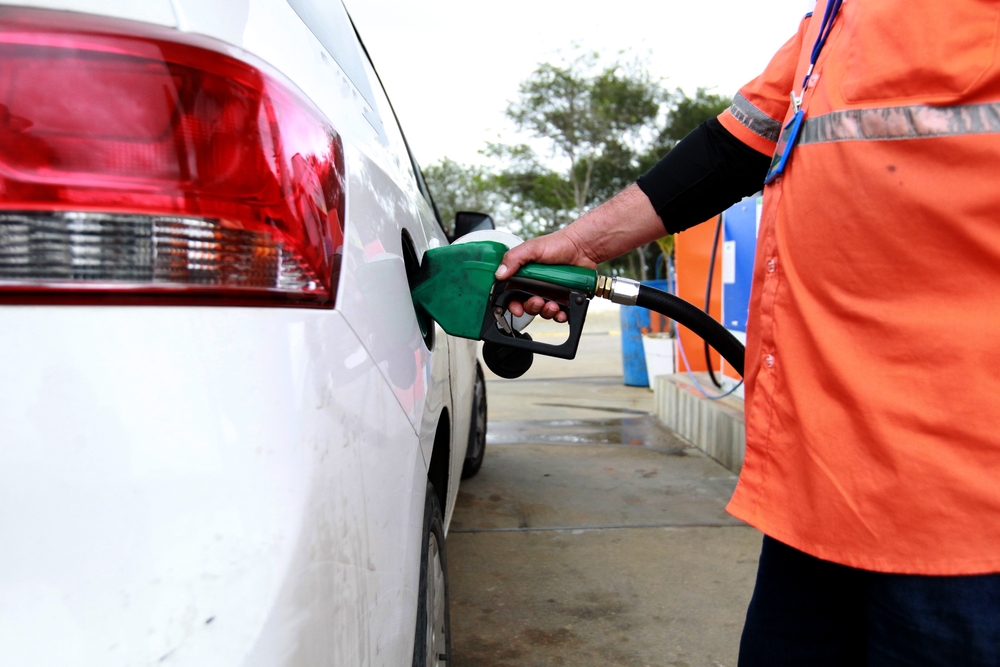In a bid to reduce greenhouse gas emissions and promote the use of cleaner fuels, the Luiz Inácio Lula da Silva government has drawn up a bill that would increase the share of ethanol in gasoline blends and set emissions goals for civil aviation.
The so-called “Combustível do Futuro” (Future Fuel) program would bump up gasoline’s ethanol blending rate from a minimum of 18 percent to up to 30 percent, thus lowering the fuel’s greenhouse gas emissions.
If the bill is passed, it could be a major boost to Brazil’s ethanol industry. The country is already one of the world’s largest ethanol producers and the increased blending rate would create even more demand. The change would also increase the gasoline’s octane rating, which measures how much compression fuel can withstand in an internal combustion engine without detonating.
The program would also set emissions targets for airlines, encouraging the increased use of sustainable aviation fuel (SAF).
SAF is typically made from more sustainable sources, such as waste cooking oil or biomass. In this case, the Future Fuel program foresees mixing kerosene with ethanol, hoping to reach a 1 percent emissions reduction for airlines by 2027, and reaching 10 percent by 2037.
The office of Lula’s chief of staff, Rui Costa, has been analyzing the proposal for the last month.
The Brazilian government has proposed a bill that would increase the ethanol blending rate in gasoline from 18% to 30%. The bill would also set a target for the use of sustainable aviation fuel (SAF) in the country.
The bill, which was sent to Congress on July 18, is part of the government’s efforts to reduce greenhouse gas emissions and promote the use of cleaner fuels. Ethanol is a renewable fuel that produces lower emissions than gasoline.
Furthermore, to reduce the emissions of vehicles such as trucks and buses, the Future Fuel program stipulates targets for so-called “green diesel,” aiming for 1 percent of Brazil’s diesel supply to be green in 2027, and at least 3 percent in 2037.
The draft bill foresees that increased use of SAF will increase the price of jet fuel by up to 2.1 percent for each percentage point of emission reductions. The price of diesel would increase by BRL 0.04 per liter by hitting the 1 percent green diesel target, and by BRL 0.11 for the 3 percent goal for 2037.


 Search
Search






































